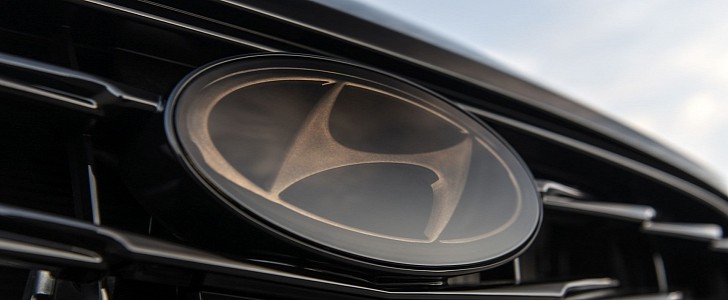Hyundai expects the chip shortage to ease off in the second half of the year, but in the meantime, the company is looking into all sorts of approaches to reduce the disruptions caused in its manufacturing operations.
And according to a recent report, the South Koreans are conducting a series of tests to determine if home appliance chips can be used on cars as well.
The reason is as simple as it could be.
The demand for home appliance IC controllers isn’t as strong as the one for car chips, so in theory, Hyundai would be able to secure the necessary inventory to keep the production going.
Needless to say, the company’s approach would only work for certain capabilities of their cars, as the main system installed on a modern vehicle requires special controllers that are specifically built for vehicles. Furthermore, these chips are designed to work in extreme conditions and meet safety standards that guarantee their performance no matter what.
So right now, Hyundai is trying to figure out if it’s possible to use home appliance chips for less-critical systems, such as headlamps and rear lights. If it is, then the company could reduce the number of car chips it uses per vehicle, eventually reducing the impact on its manufacturing operations.
At this point, a decision in this regard is yet to be made, but Hyundai wouldn’t be the first carmaker that turns to such an idea. Nissan explored a similar approach as well, and if the South Koreans end up embracing this strategy, there’s no doubt others would follow in its footsteps as well.
In other words, it could all be just a matter of time until the demand for home appliance chips could skyrocket as well, so don’t be too surprised if the inventory in this sector becomes constrained as well.
The reason is as simple as it could be.
The demand for home appliance IC controllers isn’t as strong as the one for car chips, so in theory, Hyundai would be able to secure the necessary inventory to keep the production going.
Needless to say, the company’s approach would only work for certain capabilities of their cars, as the main system installed on a modern vehicle requires special controllers that are specifically built for vehicles. Furthermore, these chips are designed to work in extreme conditions and meet safety standards that guarantee their performance no matter what.
So right now, Hyundai is trying to figure out if it’s possible to use home appliance chips for less-critical systems, such as headlamps and rear lights. If it is, then the company could reduce the number of car chips it uses per vehicle, eventually reducing the impact on its manufacturing operations.
At this point, a decision in this regard is yet to be made, but Hyundai wouldn’t be the first carmaker that turns to such an idea. Nissan explored a similar approach as well, and if the South Koreans end up embracing this strategy, there’s no doubt others would follow in its footsteps as well.
In other words, it could all be just a matter of time until the demand for home appliance chips could skyrocket as well, so don’t be too surprised if the inventory in this sector becomes constrained as well.













